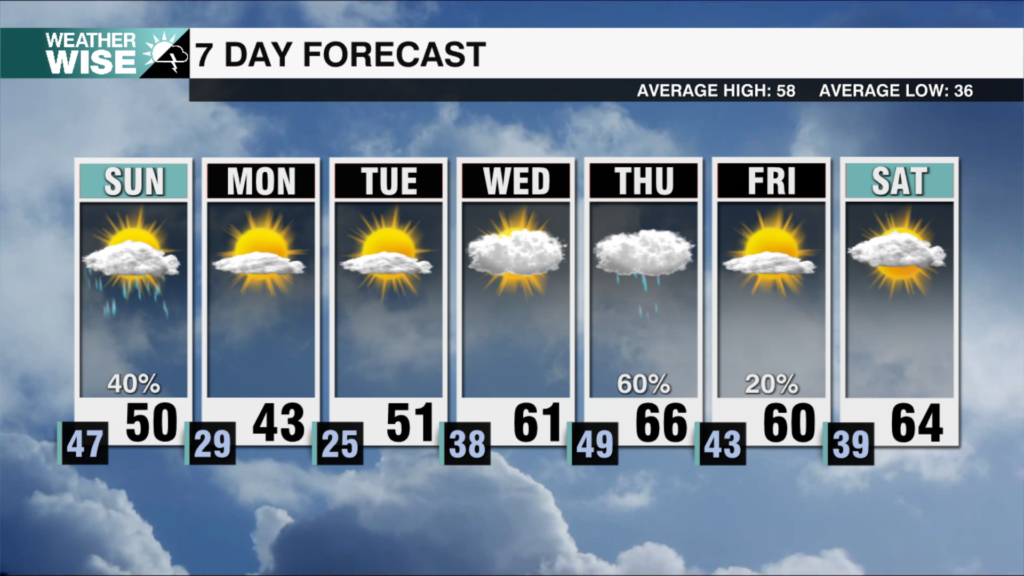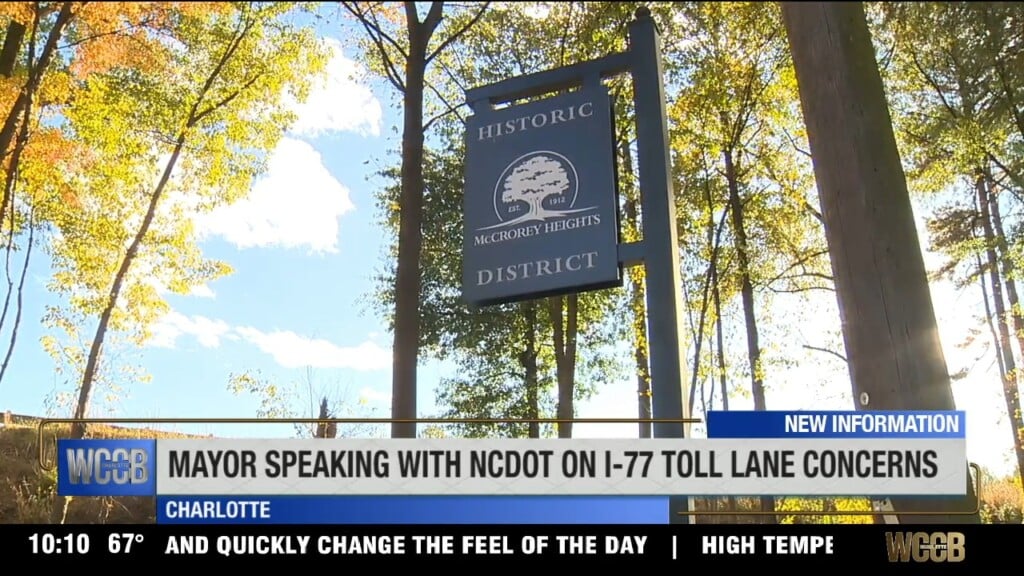BOSTON (AP) — A federal judge in Boston on Wednesday ordered the Trump administration to reverse its cuts of more than $2.6 billion in research funding for Harvard University, delivering a significant victory to the Ivy League school in its battle with the White House.
U.S. District Judge Allison Burroughs ruled the cuts amounted to illegal retaliation for Harvard’s rejection of the Trump administration’s demands for changes to Harvard’s governance and policies.
The government had tied the funding freezes to Harvard’s delays in dealing with antisemitism, but the judge said the university’s federally backed research had little connection to discrimination against Jews. “A review of the administrative record makes it difficult to conclude anything other than that (the government) used antisemitism as a smokescreen for a targeted, ideologically-motivated assault on this country’s premier universities,” Burroughs wrote. The country must fight antisemitism, she wrote, but it also must protect the right to free speech.
The ruling reverses a series of funding freezes that later became outright cuts as the Trump administration escalated its fight with the nation’s wealthiest university. The administration also has sought to prevent the school from hosting foreign students and threatened to revoke its tax-exempt status in a clash watched widely across higher education.
The restoration of federal money would revive Harvard’s sprawling research operation and hundreds of projects that sustained cuts. But whether Harvard actually receives the federal money remains to be seen. The government plans an immediate appeal, White House spokeswoman Liz Huston said in a statement, calling Burroughs an “activist Obama-appointed judge.”
“To any fair-minded observer, it is clear that Harvard University failed to protect their students from harassment and allowed discrimination to plague their campus for years,” Huston said. “Harvard does not have a constitutional right to taxpayer dollars.”
Harvard’s research scientists said they had been watching the case closely, but feared their funding would not be restored anytime soon.
“Many of us are worried that the federal government is going to appeal this decision or find other ways to obstruct the delivery of research dollars, despite the judge’s clear statement that the funding terminations were illegal,” said Rita Hamad, director of a center that researches the impact of social policies on health.
Beyond the courthouse, the Trump administration and Harvard officials have been discussing a potential agreement that would end investigations and allow the university to regain access to federal funding. President Donald Trump has said he wants Harvard to pay no less than $500 million, but no deal has materialized, even as the administration has struck agreements with Columbia and Brown.
Wednesday’s federal court ruling should embolden Harvard’s administration, said historian Kirsten Weld, president of Harvard’s chapter of the American Association of University Professors, which also prevailed in a lawsuit over the funding cuts. “We hope this decision makes clear to Harvard’s administration that bargaining the Harvard community’s rights away in a compromise with the government is unacceptable,” Weld said.
Harvard’s lawsuit accused the Trump administration of waging a retaliation campaign against the university after it rejected a series of demands in an April 11 letter from a federal antisemitism task force.
The letter demanded sweeping changes related to campus protests, academics and admissions. It was meant to address government accusations that the university had become a hotbed of liberalism and tolerated anti-Jewish harassment on campus.
Harvard President Alan Garber pledged to fight antisemitism. But, he said, no government “should dictate what private universities can teach, whom they can admit and hire, and which areas of study and inquiry they can pursue.”
Trump officials moved to freeze $2.2 billion in research grants the same day Harvard rejected the administration’s demands. Education Secretary Linda McMahon declared in May that Harvard would no longer be eligible for new grants, and weeks later, the administration began canceling contracts with Harvard.
As Harvard fought the funding freeze in court, individual agencies began sending letters announcing that the frozen research grants were being terminated under a clause allowing grants to be scrapped if they no longer align with government policies. Harvard has moved to self-fund some of its research but warned it can’t absorb the full cost of the federal cuts.
The judge’s order reverses all of Harvard’s federal funding freezes and cuts since April 14, and it bars the government from future cuts that violate Harvard’s constitutional rights or run afoul of federal law.
Burroughs sided with the university’s argument that the cuts amounted to retaliation in violation of its First Amendment rights and that the government put unconstitutional conditions on Harvard’s federal money.
“As pertains to this case, it is important to recognize and remember that if speech can be curtailed in the name of the Jewish people today, then just as easily the speech of the Jews (and anyone else) can be curtailed when the political winds change direction,” the judge wrote.
Burroughs also agreed with Harvard’s claim that the government failed to follow steps prescribed by Congress to cut federal money under Title VI of the Higher Education Act, a federal law that forbids discrimination in education.
The Trump administration denied the cuts were made in retaliation, saying the grants were under review even before the April demand letter was sent. It argues the government has wide discretion to cancel contracts for policy reasons.
“It is the policy of the United States under the Trump Administration not to fund institutions that fail to adequately address antisemitism in their programs,” it said in court documents.
In a separate lawsuit filed by Harvard, Burroughs previously blocked the Trump administration’s efforts to prevent the school from hosting international students.





